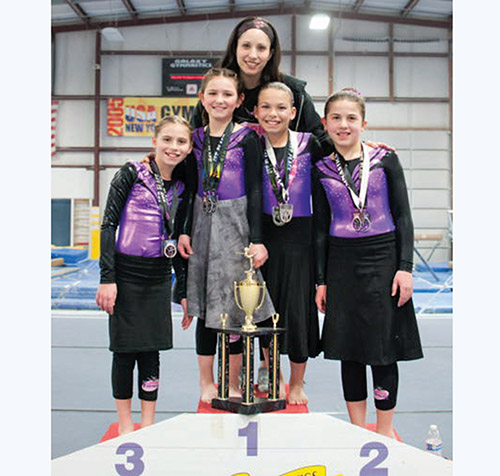

The contributions of Rabbi Chaim Jachter, as a writer, rebbe, consultant and overall resource have played a major role in enabling, enhancing and elucidating halachic observance for decades already. This great blessing of the Jewish community has intensified in recent years, as Rabbi Jachter seems to have done the impossible, in that he has increased the pace of his already impossibly prolific output and has authored seforim at a rate that even the most devoted reader will need to redouble his commitment to find the time to take in all that he is providing.
The reader who does so, however, will find himself greatly rewarded. This is evidenced in all of Rabbi Jachter’s works, which at this point expand the genres of halacha, Tanach and Jewish philosophy. A particularly robust example is his most recent volume (assuming he does not release another one before this paragraph is completed). This work, “The Power of Shabbat: Shabbat and Electricity in the 21st Century,” has, depicted on its cover a light bulb that has been activated. It is a most apt symbol, not only because of the subject matter, but because Rabbi Jachter has illuminated yet another topic in his inimitable style and scope.
So too, the words on the cover take on additional meanings. It is difficult to see the word “power” in proximity to the author’s name without immediately being reminded of the prodigious skill and ability Rabbi Jachter uses to present a contemporary topic in Jewish law with clarity, depth and meticulous comprehensiveness. Nonetheless, this is not the message that the humble author is seeking to convey with the cover images.
There is, however, a broader meaning that he presumably is intending to include, beyond the specific literal meaning. The particular focus of this volume is the usage of electric power on Shabbat, a topic that itself requires a broad mastery of technical reality, Talmudic analysis and recent halachic literature, all of which are on beautiful display in this work.
Yet, in a more sweeping sense, the title conveys a more far-reaching goal of the book, that is magnificently accomplished. The intent is to instill within the reader an appreciation for the “power” that Shabbat has to cloak the world of God’s material artistry with His spiritual majesty, and the urgent necessity to protect both the structure and, crucially, the spirit of that adornment in the face of the challenges of an increasingly technologically complex modern world.
It is these challenges that are addressed by the “power” of Shabbat in yet another sense: that is the eternal ability of the living Torah to maintain its relevance, both philosophically and practically, in all contexts, in every time and every place, despite developments that would appear to completely redefine the landscape and would daunt even the most committed religious practitioner, who may feel that an ancient system can no longer find expression.
Rabbi Jachter has taken upon himself the task of addressing the “power” in all of these meanings. He patiently explains the basic functioning of electric power, displays in great detail and clarity the efforts of halachic authorities of the past century to address the ever-changing scientific realities, and throughout, gives voice to the majestic character of Shabbat, in fact ending the volume with a philosophical appreciation of this aspect, which, he stresses, informs all of its technical application as well.
He does all this not only with great erudition and eloquence, but also with his characteristic humility, showing a consistent willingness to learn from and to credit both towering senior scholars, as well as his own students of all ages, and everyone in between. He maintains a sensitivity to the implications of every argument, careful to point out the respect and appreciation that must be accorded even while advancing the reasons to disagree with a given position. By the end, not only has the reader received a highly specific and thorough guide to the many devices and systems that permeate modern existence, he has as well been educated in the character and attitudes of refined Torah scholarship and practice.
To the distinguished author, we can say what has traditionally been said to those who have accomplished on behalf of the community: yeyasher koachaha, may we see the continued strengthening and consistent application of your power.
Rabbi Daniel Z. Feldman is a rosh yeshiva at YU/RIETS, an instructor at the Syms School of Business, and the rabbi of Ohr Saadya of Teaneck. He is the author of six Hebrew volumes of Talmudic essays, most recently on the structure of rabbinic law, and of three English volumes, most recently “False Facts and True Rumors: Lashon Hara in Contemporary Culture.”













